Sake, the renowned Japanese rice wine, with its rich culture, exquisite flavors, and long-standing tradition, appeals to wine enthusiasts and connoisseurs worldwide. But how do you make a profession out of your love for this beverage? This is where a Sake Professional Certification comes into play. In this post, we will explore the journey to becoming a certified sake professional. This certification not only enhances your sake knowledge but also presents numerous opportunities in the global beverage industry.
Overview of Sake Professional Certification
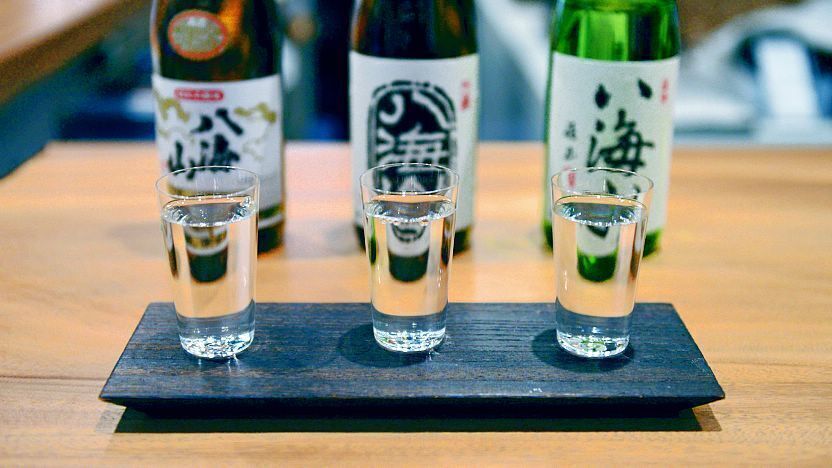
Sake Professional Certification is a testament to one’s knowledge and understanding of this drink. Certification programs are aimed at providing comprehensive training on the history, brewing process, ingredients, flavor profiles, and service etiquette of sake. Several organizations are offering these certifications, including the WSET (Wine & Spirit Education Trust), the Sake Service Institute (SSI), and the Sake School of America. These programs often offer different levels of certification, from introductory courses to advanced sommelier certifications, catering to a variety of educational needs and professional goals.
Benefits of Professional Certification
Being a certified sake professional comes with numerous advantages. Firstly, it provides an in-depth understanding of rice wine, a vital skill for anyone working in the food and beverage industry. It can open doors to new career opportunities such as sake sommelier, consultant, distributor, and even various brewery roles. Moreover, it establishes you as an authority in the field, enabling you to educate others about this beautiful Japanese art. Lastly, a sake certification can enhance your appreciation for this drink, allowing you to discern the subtle complexities and nuances in every sip.
Prerequisites for Professional Certification
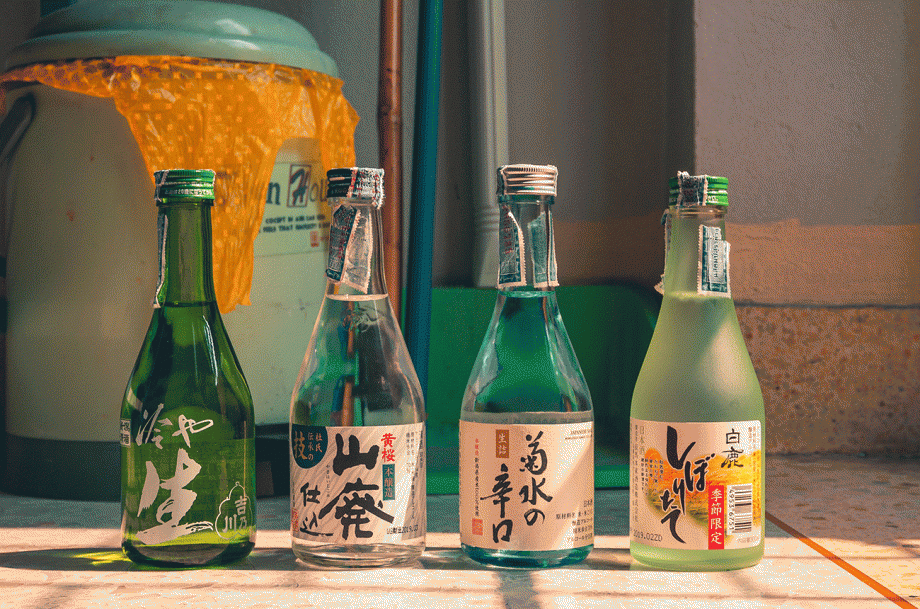
While there’s no one-size-fits-all prerequisite for pursuing a sake professional certification, a basic understanding of the drink, enthusiasm for learning, and a passion for the beverage industry certainly help. However, some advanced certifications may require prior completion of lower-level certifications. An age requirement (typically over 20 or 21) is also common given the alcoholic nature of the subject matter.
Choosing the Right Certification Program
Several programs offer Sake Professionals Certification, such as you can find here, each with its focus and complexity. It’s essential to select a program that aligns with your professional goals and learning style. Research each program thoroughly: consider its curriculum, the length of the course, cost, the reputation of the organization, and feedback from previous students. Whether you’re looking to deepen your knowledge for personal enjoyment, or aiming to become a sake sommelier, there’s a certification program for you.
Study Materials and Resources
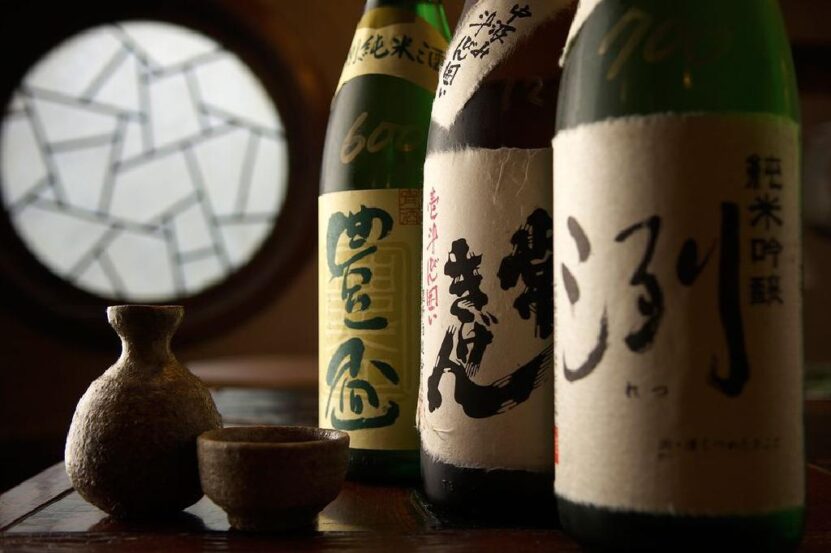
A wealth of resources are available to help you on your journey toward certification. Books such as “The Sake Handbook” by John Gauntner and “Sake: The History, Stories, and Craft of Japan’s Artisanal Breweries” by Elliot Faber are excellent starting points. Online courses, like those offered by the WSET or Sake School of America, are another valuable resource. Participating in wine-tasting events and visiting breweries that produce this wine can also provide real-world exposure and hands-on experience.
Exam Format and Preparation
The format of the certification exam can vary between programs. Typically, they will consist of a theory section and a tasting section. The theory might involve multiple-choice questions, short answers, or essay-style questions, while the tasting section requires the identification of different sake types, and an understanding of their qualities, and flavor profiles. Preparation should include both theoretical study and practical tasting. Developing a systematic and consistent study routine can go a long way in ensuring success.
Practical Experience and Tasting
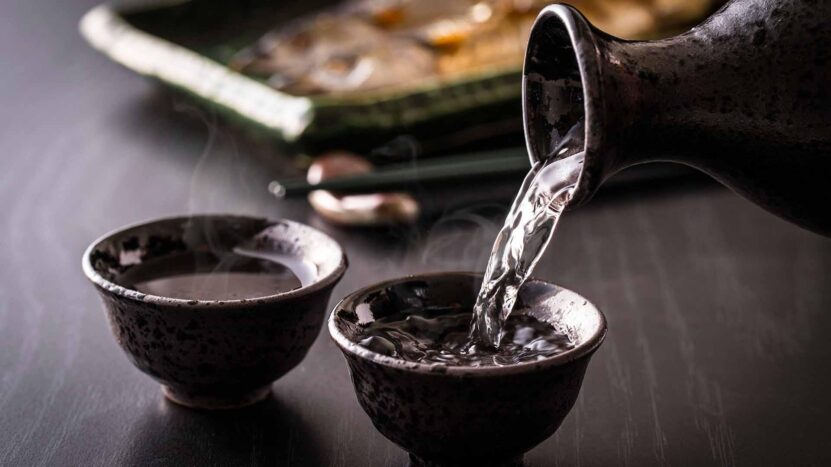
Hands-on experience is critical when it comes to mastering the world of sake. Work experience in a sake brewery, restaurant, or retail store can offer practical insights and exposure. Equally important is developing your palate through frequent tastings. Remember, tasting this wine is not just about identifying good or bad drinks, but understanding and appreciating the different flavor profiles and brewing styles.
Networking and Industry Involvement
Networking can provide opportunities to learn from others in the industry, stay updated on the latest trends, and even find job opportunities. Attend industry events, seminars, and workshops. Get involved with sake communities online or join local clubs. These experiences not only broaden your knowledge on the subject but also introduce you to a network of like-minded enthusiasts.
Mock Exams and Study Groups
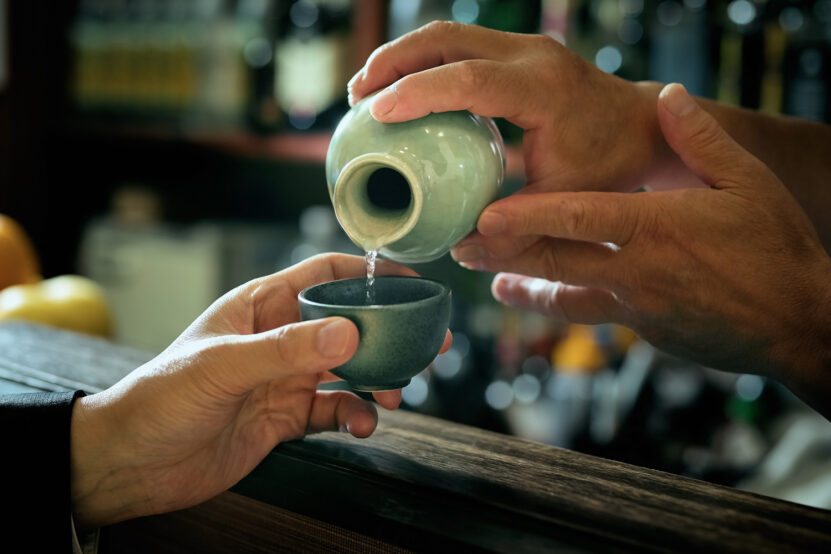
Mock exams can provide a valuable benchmark of your progress and help familiarize you with the exam format. Many courses offer mock exams as part of their curriculum. Similarly, study groups can provide a supportive and collaborative learning environment. Discussing and debating topics with peers can deepen understanding and make studying more engaging.
Exam Day Tips and Strategies
On the day of the exam, it’s crucial to stay calm and focused. This can be achieved by adopting a few essential strategies. Firstly, managing your time wisely is paramount. Take a moment to read through the entire exam to understand the scope and allocate time for each section accordingly. By doing so, you can ensure that you give sufficient attention to every question without feeling rushed or running out of time.
Additionally, carefully analyze each question to fully comprehend what is being asked. Take a moment to break down complex questions into smaller parts and identify the key elements that need to be addressed in your response. This way, you can provide concise and accurate answers that directly address the question’s requirements.
Post-Certification Opportunities
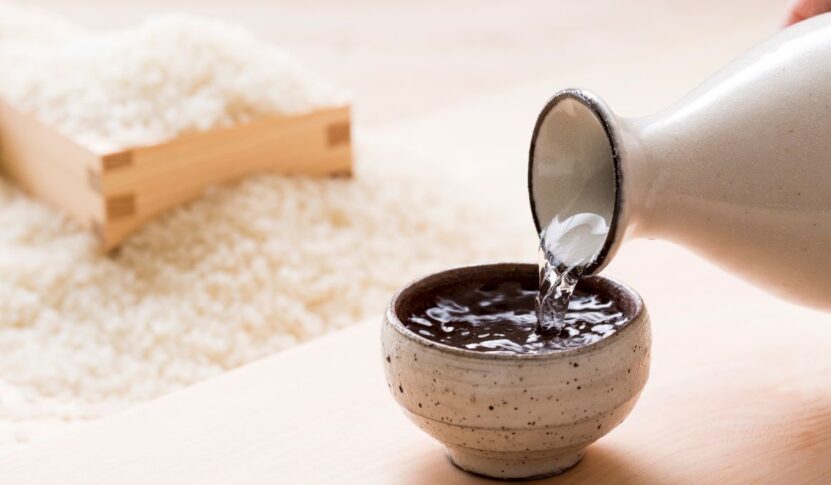
After obtaining your Sake Professional Certification, the world of sake is your oyster, brimming with exciting possibilities and diverse career paths. With your certification in hand, you could embark on a journey as a sommelier in a renowned restaurant, guiding patrons through the intricacies of pairing this drink with various cuisines.
Imagine the satisfaction of curating exceptional sake lists and enhancing the overall dining experience for customers who seek your expertise. Alternatively, you may choose to leverage your certification as a consultant for various breweries, sharing your knowledge and helping them refine their brewing techniques, expand their market reach, and elevate the overall quality of their sake production. Your valuable insights and recommendations can contribute to the growth and success of these establishments.
Conclusion
Becoming a certified sake professional is a rewarding journey of discovery into the rich world of this peculiar wine. It requires dedication, passion, and the right guidance. Hopefully, this comprehensive guide has provided valuable insights into the steps toward success in the world of rice wine. So, why wait? Take that first step towards your sake professional certification and unlock a world of possibilities.
